Biotechnology: is this the REAL future of sustainable beauty?
Meet the new high-tech way of formulating beauty products that marries the best of nature and science
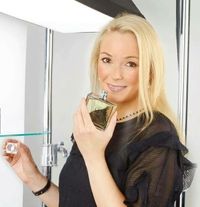
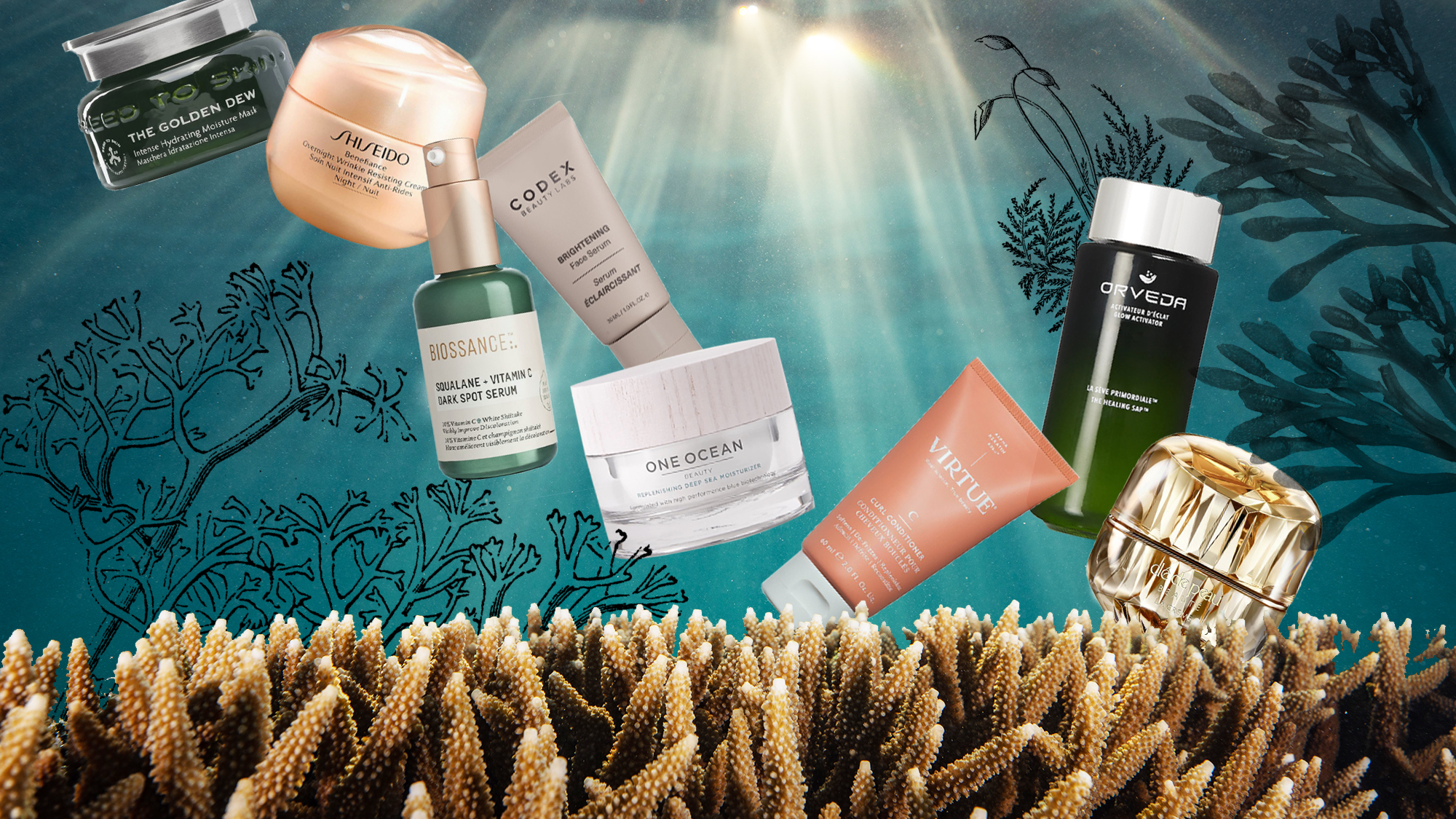
Meet the new high-tech way of formulating beauty products that marries the best of nature and science
Biotechnology may sound like the stuff of a trippy 60's sci-fi movie, but it’s poised to overhaul the green beauty space.
Until recently the beauty industry could be split into two camps. In one corner, there’s high-tech, lab-made contenders - like Estee Lauder Advanced Night Repair Serum. In the other corner, Mother Nature and plant oils. Both sides have their converts but now it seems, we have a different option.
That’s thanks to a new raft of biotech skincare, which recreates endangered or over-consumed natural ingredients in a petri dish. These lab-grown actives (also known as ‘biosynthetic’) are 100% naturally derived. The key difference is their almost zero environmental impact, and the fact that some are scientifically edited to make them more high performing in skincare (for example, the size of the molecules may be modified so they penetrate the skin better).
“Consumers don’t want a trade-off between efficacy and sustainability, they want both science-driven and consciously-created formulas,” says Catherine Gore, president of skincare brand Biossance. “Biotechnology achieves that by reinventing ingredients in a lab that are proven to be more effective for the skin and may otherwise be environmentally harmful to source.”
The global natural cosmetics market is expected to be worth $48.04 billion by 2025 - and that involves a helluvalot of plants, water, land and energy. Biotechnology could be the game-changer for natural beauty lovers - and, more crucially, Planet Earth.
What is biotech beauty?
In simple terms, biotechnology combines biology (bio) with chemistry (tech) and has moved out of the medical sphere into beauty. Bio-tech skincare ingredients are most commonly made from bacteria, yeast and algae. These are used as ‘nano factories’ for cells, which are fermented in order to grow and multiply. Pretty clever, no?
“Compounds like hyaluronic acid, squalane and even collagen can be produced at high levels and in a completely pure and environmentally responsible way,” says Joshua Zeichner, director of cosmetic and clinical research in dermatology at Mount Sinai Hospital in New York City. “In many ways, biotech can improve on what Mother Nature has provided through evolution.”
Celebrity news, beauty, fashion advice, and fascinating features, delivered straight to your inbox!
How is biotechnology a more sustainable option?
While the ‘clean’ beauty movement has been obsessed with what isn’t in products, biotechnology focuses on exactly what is going into our serums and face creams.
“Transparency and traceability are problems in the beauty industry where words like ‘natural’, ‘organic’ and ‘vegan’ don’t have legally-binding definitions,” says Sarah Jay, creator of the Toxic Beauty documentary and founder of All Earthlings, an organisation dedicated to improving transparency in cosmetic supply chains. “Biosynthetically-grown ingredients provide the most direct and efficient means of sourcing raw materials without some of the devastating impacts of farming, fishing and extraction, or the involvement of intermediaries, which can drive up the cost and carbon footprint in lengthy, global supply chains.”
Many brands and manufacturers are already formulating with biotech ingredients. In 2019, Swiss fragrance company Givaudan created Ambrofix, a biodegradable amber and woody scent molecule made from fermenting sugar cane. Biossance, as another example, uses 100% botanical ‘squalane’ also from sugarcane, to avoid using ‘squalene’, with an e, which is sourced from shark’s liver. “We design the perfect yeast strain and then mix it with sugarcane syrup,” explains Gore. “Through the fermentation process, the yeast converts the sugar into a synthetic squalane molecule.”
After 10 years spent establishing Burberry Beauty, Marcella Cacci founded her own skincare brand One Ocean Beauty. Rather than harvest the sea bed, Cacci partnered with a blue biotechnology laboratory, which produces clones of algae. This has allowed her to grow a marine ingredient, derived from a microorganism only found in Antarctica, as a cell culture for her Replenishing Deep Sea Moisturizer.
But it’s not just niche indy brands that have jumped on the biotech bandwagon. Japanese skincare giant Shiseido was an early adopter of biotechnology in the 1980s. Notably, it was the first to create bio-hyaluronic acid at a time when competitors were extracting it from roosters’ combs. “Hyaluronic acid is a natural hydrating component of skin but levels deplete with age,” explains Julia Stewart, national education manager for Shiseido. “Through fermentation - using bacteria and adding glucose at the right temperature and pH - we’re able to create ethical hyaluronic acid for skincare.”
And other big corporations are getting on board, too. Estée Lauder Companies has recently partnered with Atropos Therapeutics to explore new anti-ageing molecules born of biotechnology. And L’Oréal has signed a licensing agreement with Micreos, a biotech firm specialising in bacteria, to join up their expertise into the skin’s microbiome.
Natural vs biotechnology - which is more effective?
According to global organisation Shark Allies, 2.7 million sharks are still harvested each year for their livers - something Gore says is unnecessary given there’s an ethical botanical alternative, which also works more efficiently on the skin.
“Any ingredient taken directly from nature will always be compromised in terms of quality,” she claims. “In the case of squalene, how healthy was the shark’s liver, its diet and was there contamination in the ocean? Sugarcane squalane is created in a lab, each drop is pure and a molecular match for our body’s natural moisture. It also won’t oxidise on the skin [‘go off’ after being exposed to air or sunlight].”
Shiseido’s Stewart says that another advantage of lab-made molecules is that they can be manipulated to be more effective: “Our most recent bio-hyaluronic acid now dissolves in both water and oil, so it penetrates better through oily skin and is absorbed deeper for more intense hydration.”
Similarly, Codex Beauty’s founder, scientist Barbara Paldus, says that biotechnology allows new skincare ingredients and delivery systems to be created. “This means that biotech ingredients can be developed with specific functions in mind - for example, growth factors or peptides for anti-ageing.”
Paldus also highlights that biotech ingredients usually have a stronger potency than plant extracts obtained through classical methods. “Oil infusion and CO2 extraction have been widely used but most of the plant is discarded and the concentration of the actives isn’t very high,” she says. “This is why biotechnology and plant cell ingredients are the next generation of ‘natural’ products. Using cell cultures in a bioreactor can, in some cases, provide a concentration of skincare actives that is up to 100 times higher than a typical natural extract.”
Unlike field-grown plants, biotech skincare ingredients also have the advantage of being 100% free of pesticides and aren’t subject to changes in growing conditions. “Quality is guaranteed when ingredients are grown in a controlled environment,” explains Jay. “Potency is stable. You can achieve consistency in every batch. This isn't always the case when ingredients are farmed, mined or caught.”
The future of biotech beauty
Perhaps the most exciting development in biotechnology, however, is the creation of bio-identical palm oil. Demand for this vegetable oil, which is a useful preservative and rich in moisturising fatty acids, has outgrown supply. According to environmental agency Rainforest Rescue, palm oil plantations cover over 66 million acres of the planet’s surface, with farming methods used to produce it endangering eco systems, as well as fuelling climate change.
Now New York City-based company C16 Bioscience has found a way of using fermentation to brew palm oil like beer - and to mass produce it. Good news for orangutans and proof that biotechnology isn’t waiting five, 10, even 20 years into the future to make a positive environmental impact. Get excited now…
Shop the best biotechnology beauty brands...
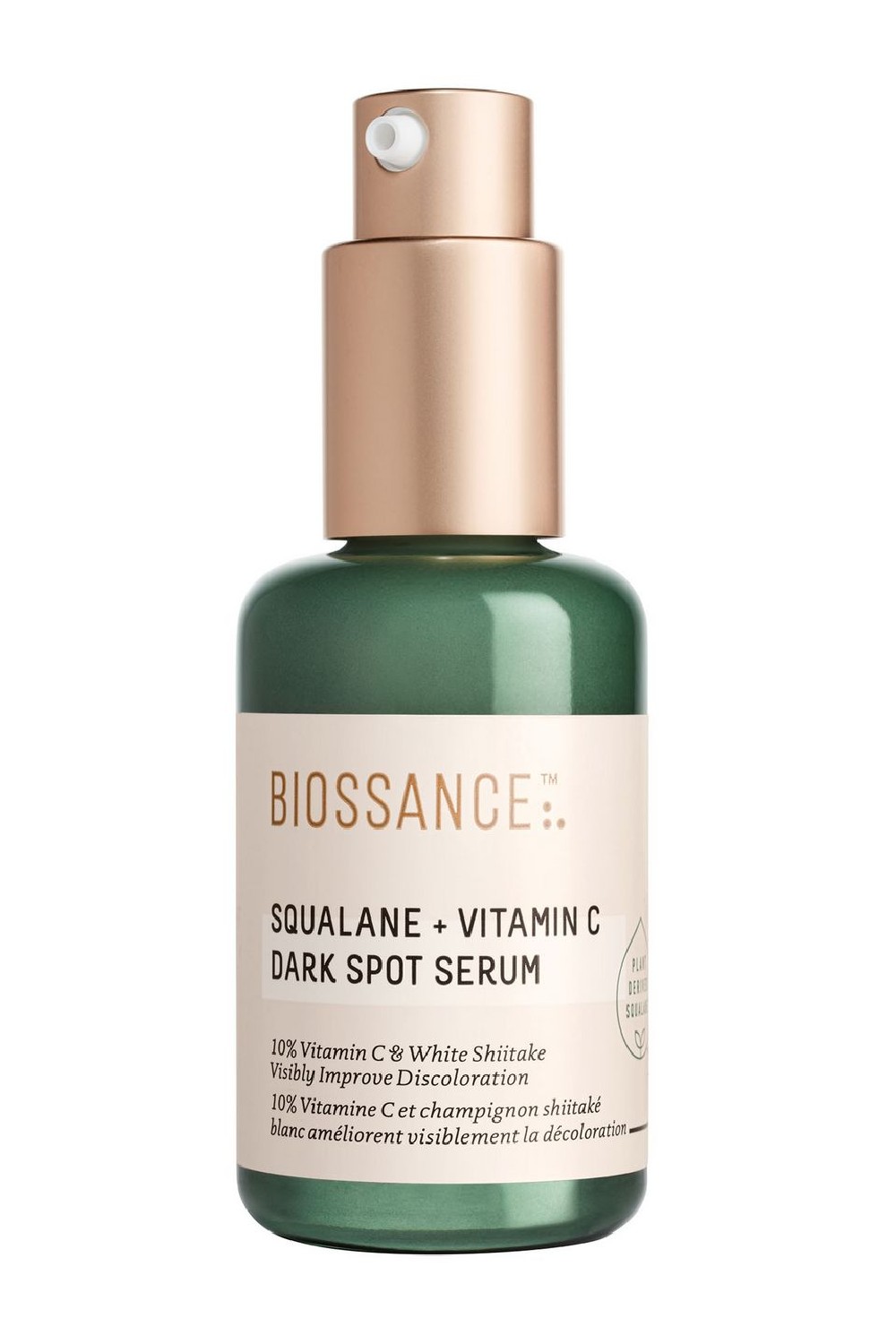
Rather than use squalene from sharks’ livers (all manner of wrong) or olives (too much variation from crop to crop), Biossance has created 100% planted-based squalane using renewable sugarcane that’s then bio-fermented using yeast. “Our skin recognises squalane, so compared to other oils like jojoba, sunflower or coconut, you get 10 times better penetration into the skin,” says president Catherine Gore.
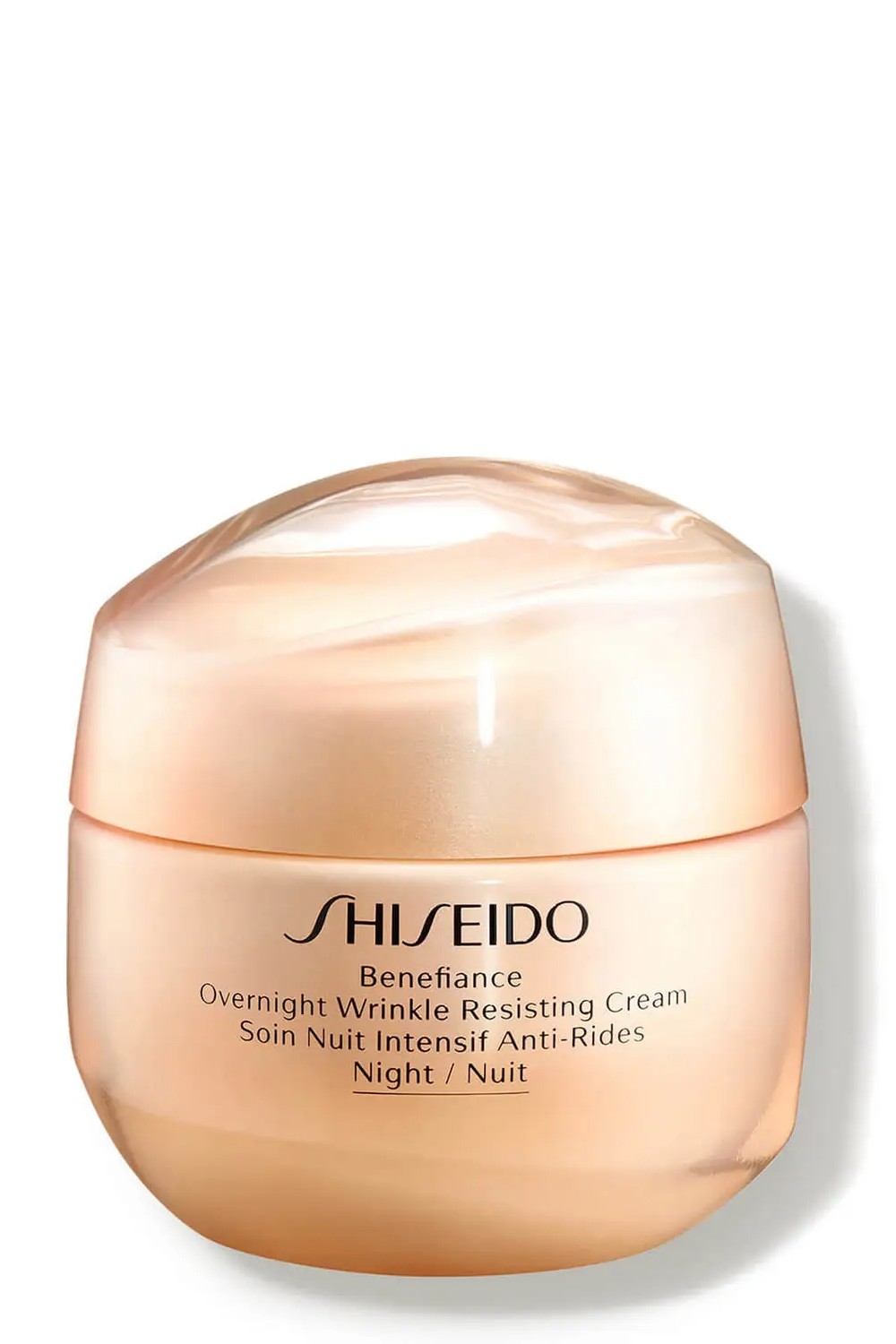
With no fewer than eight research and development facilities around the world, Shiseido is a buzzing hub of innovation. So it’s perhaps not surprising that this Japanese skincare company was the first to create bio-hyaluronic acid, a lab-grown version of hyaluronic acid created through the fermentation process. As well as being more ethical, it’s also easy to scale up production of this popular skincare ingredient for both its Shiseido and Clé de Peau brands.
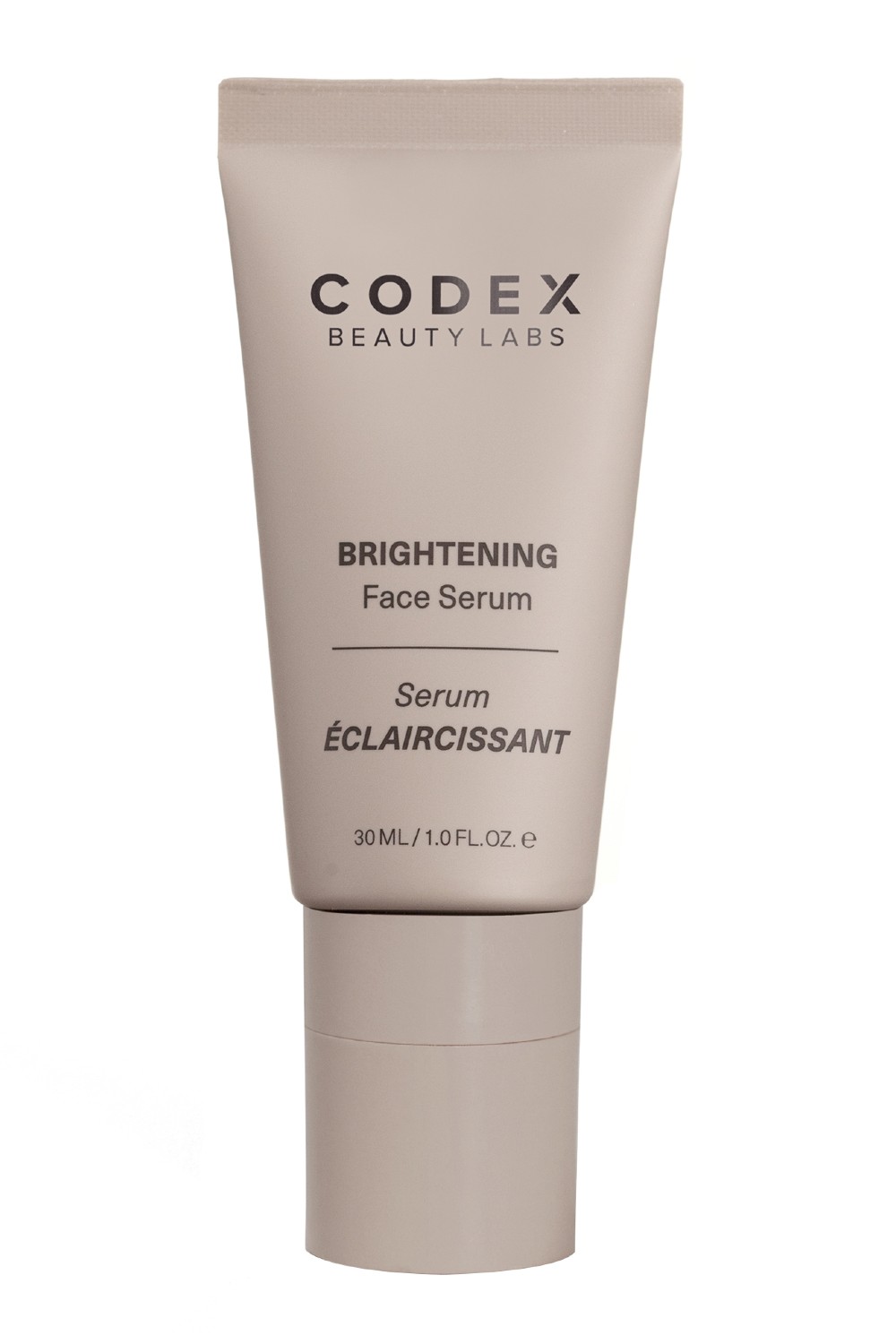
Codex Beauty is a biotech company first and foremost, dedicated to skincare that supports the skin’s microbiome. It prides itself on being 100% transparent about the fact that it marries plant biology with biotechnology and only uses ingredients that are wild-harvested or created using pharmaceutical-grade manufacturing processes. For example, fermented corn and wheat sugars are used to create the humectant butylene glycol. And bio-tech probiotic lactobacillus ferments strengthen skin’s defences.
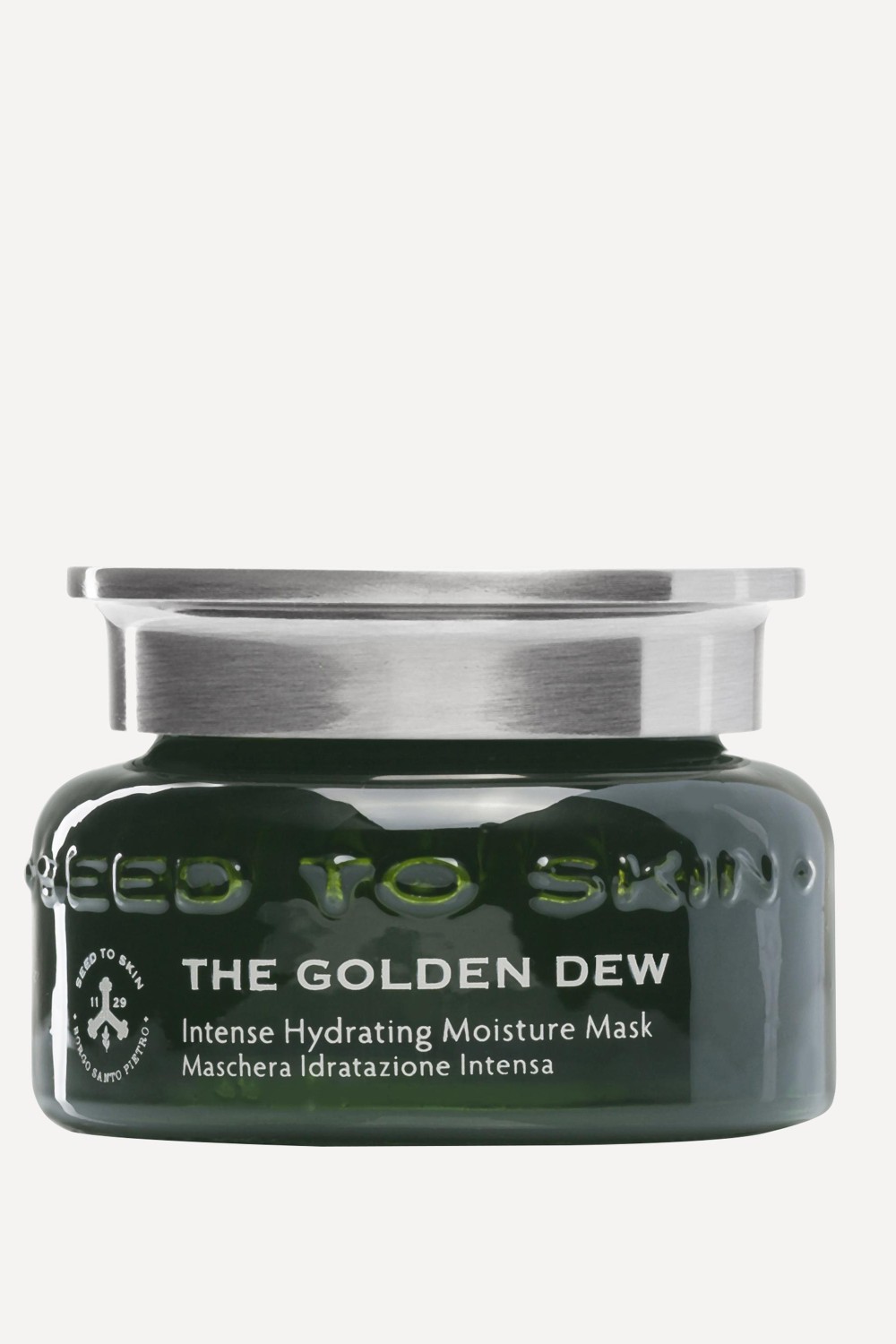
This Tuscan skincare brand uses ingredients sourced from its own certified-organic farm alongside biotech ingredients such as pseudoalteromonas exopolysaccharide. This molecule is extracted from a marine ferment and functions just like hyaluronic acid to retain water and hydrate the skin. “We combine purely natural ingredients with our biotech process, which is called Green Molecular Science,” says founder Jeanette Thottrup. “With our cutting-edge biotechnology we can extract the best from plants and create the most effective skincare by developing formulas with molecules that are the right dimensions to target different layers of skin.”
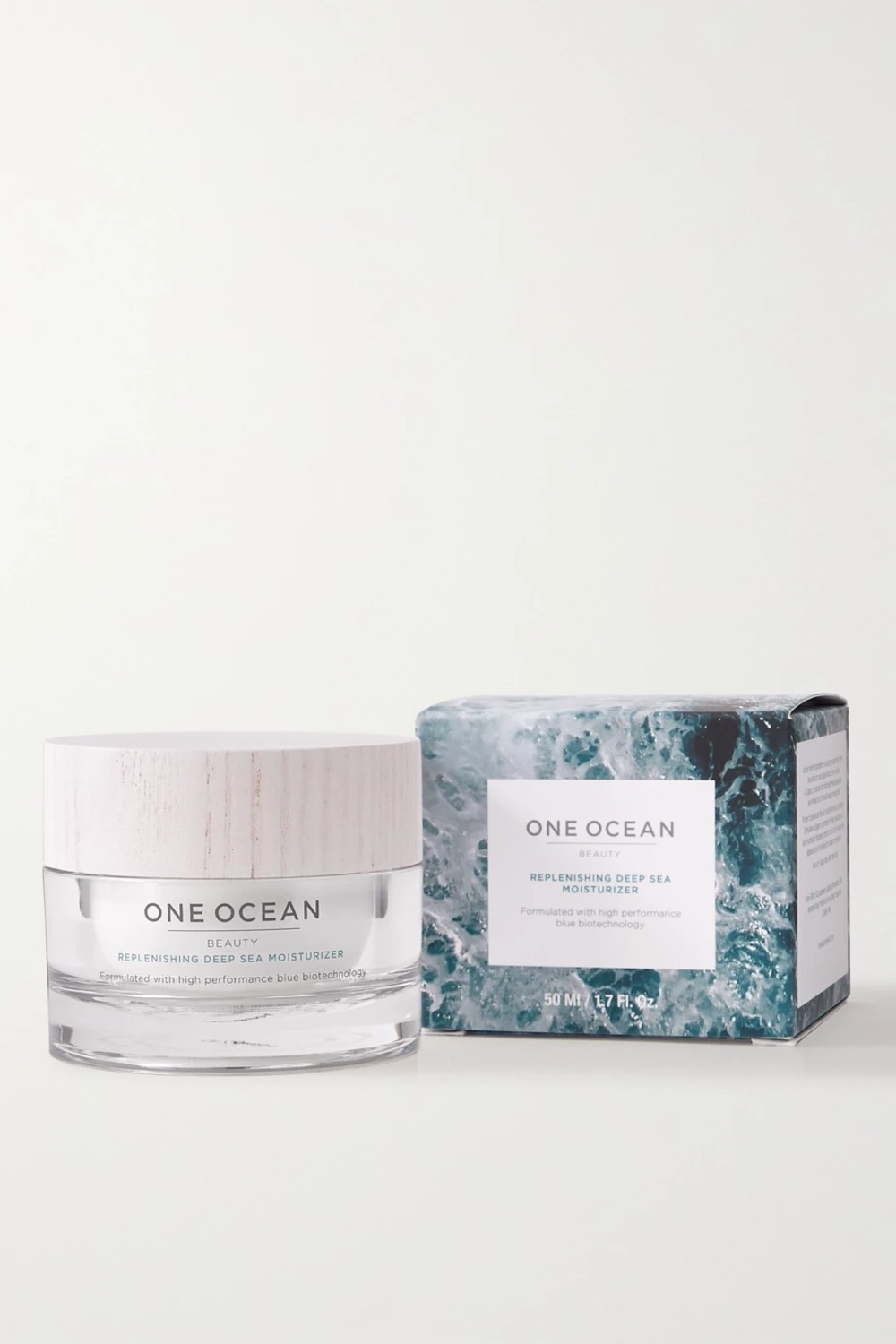
This line is brimming with marine microorganisms rich in skin-strengthening nutrients, amino acids and minerals. To avoid disrupting ocean eco systems, its founder Marcella Cacci partnered with a blue biotechnology laboratory that produces clones of algae, including a marine ingredient, derived from a microorganism only found in Antarctica, for her best-selling moisturiser.
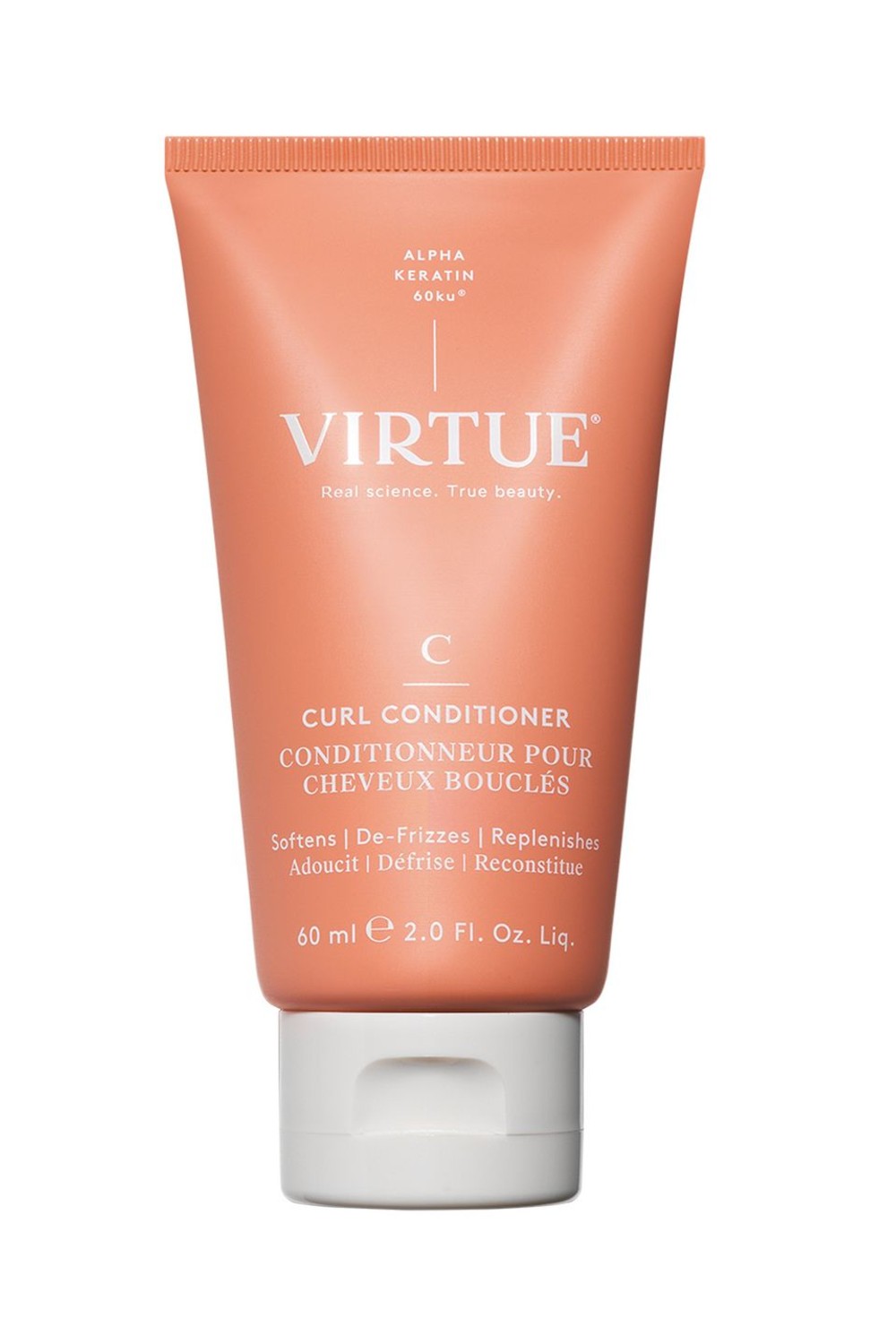
“Virtue started with a biotechnology that was never intended for use in haircare at all,” says founder and CEO Melisse Shaban. Its Alpha Keratin 60ku molecule is a human-identical keratin protein that was developed in the study of bone, tissue and nerve regeneration to help severely wounded military soldiers. “By chance, this protein was also found to have enormous benefit for repairing hair,” Shaban says. “Unlike other keratins, which are highly processed animal by-products (usually from feather or sheep’s wool), Virtue’s protein is created to be the exact size and shape of the keratin found in human hair. Because it is essentially the same as the keratin in hair, it goes to where it’s needed to repair and heal cracks of damage.”
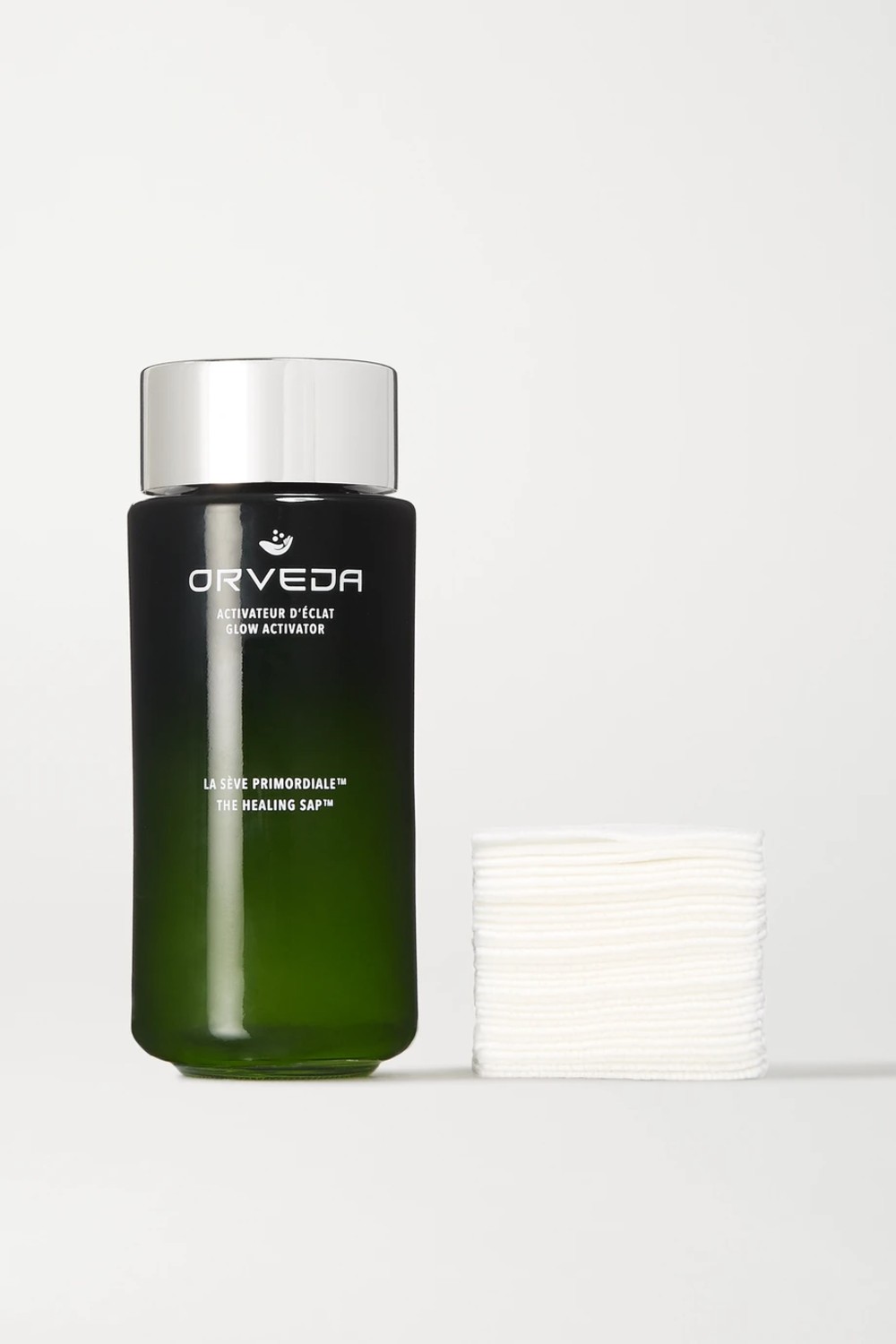
At the heart of this high-tech brand is a marine enzyme from the North California coast that has survived the fiery heat of volcanic water. “I knew it would offer an excellent first defence for the skin’s barrier,” says co-founder Sue Nabi. “Through the power of biotechnology, I started multiplying it to create actives designed to have no impact on Planet Earth, its resources or fragile ecosystems.” Alongside a natural prebiotic and bio-fermented Kombucha black tea, it keeps skin perfectly in balance.
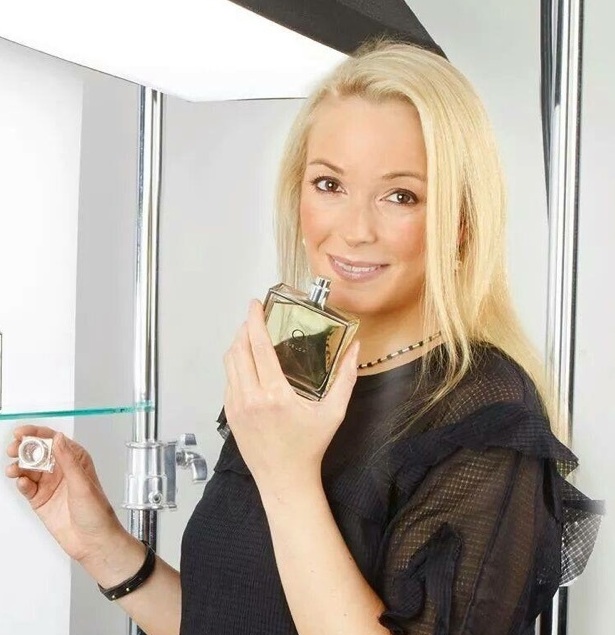
Fiona Embleton has been a beauty editor for over 10 years, writing and editing beauty copy and testing over 10,000 products. She has previously worked for magazines like Marie Claire, Stylist, Cosmopolitan and Women’s Health. Beauty journalism allowed her to marry up her first class degree in English Literature and Language (she’s a stickler for grammar and a self-confessed ingredients geek) with a passion for make-up and skincare, photography and catwalk trends.